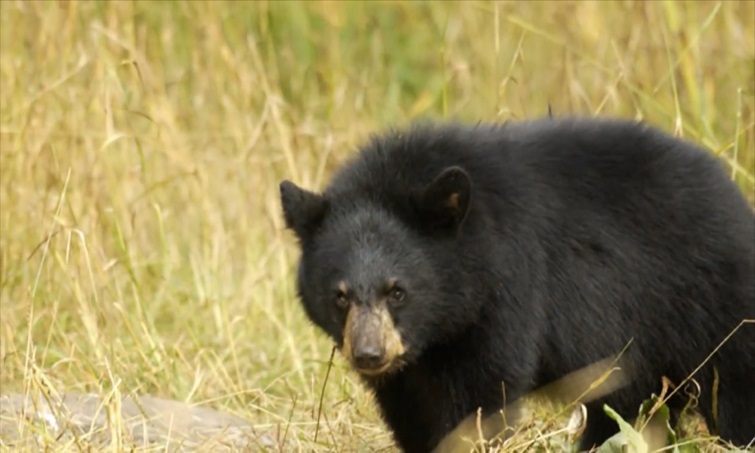Bear safety in Michigan’s Upper Peninsula: Guidelines to keep bears at bay

In the Upper Peninsula, spring might not feel imminent to us humans, but black bears are gradually waking up from their long winter hibernation. Just like us, these bears will soon be hungry. Officials from the Michigan Department of Natural Resources (DNR) recommend taking precautions to keep bears at a safe distance.
Here are their guidelines:
- Remove bird feeders: If you have bird feeders, take them down. Bears are attracted to birdseed, and having feeders near your home can lead to unwanted bear visits.
- Secure garbage cans: Bring in your cans. Bears are opportunistic feeders and can easily raid trash bins for food.
- Bring in outdoor pet food: Don’t leave pet food outside. Hungry bears may be drawn to it, so it’s best to bring pet food indoors.
- Protect beehives and small apiaries: If you are a beekeeper, your beehives are a calorie jackpot for bears. It is advised to protect your hives with electric fencing.
Allowing bears to access food sources near homes can create problems for both humans and the bears. When bears become accustomed to finding food in residential areas, they may lose their fear of humans. This can lead to property damage or even pose a danger to people and their pets. As spring arrives and people spend more time outdoors, it’s important to recognize that human behavior can impact bear behavior. Rather than waiting until encountering a bear, take proactive steps now to remove food sources and maintain a safe distance from Michigan’s black bears. For more information on preventing conflicts with bears this spring visit Wildlife (michigan.gov)
